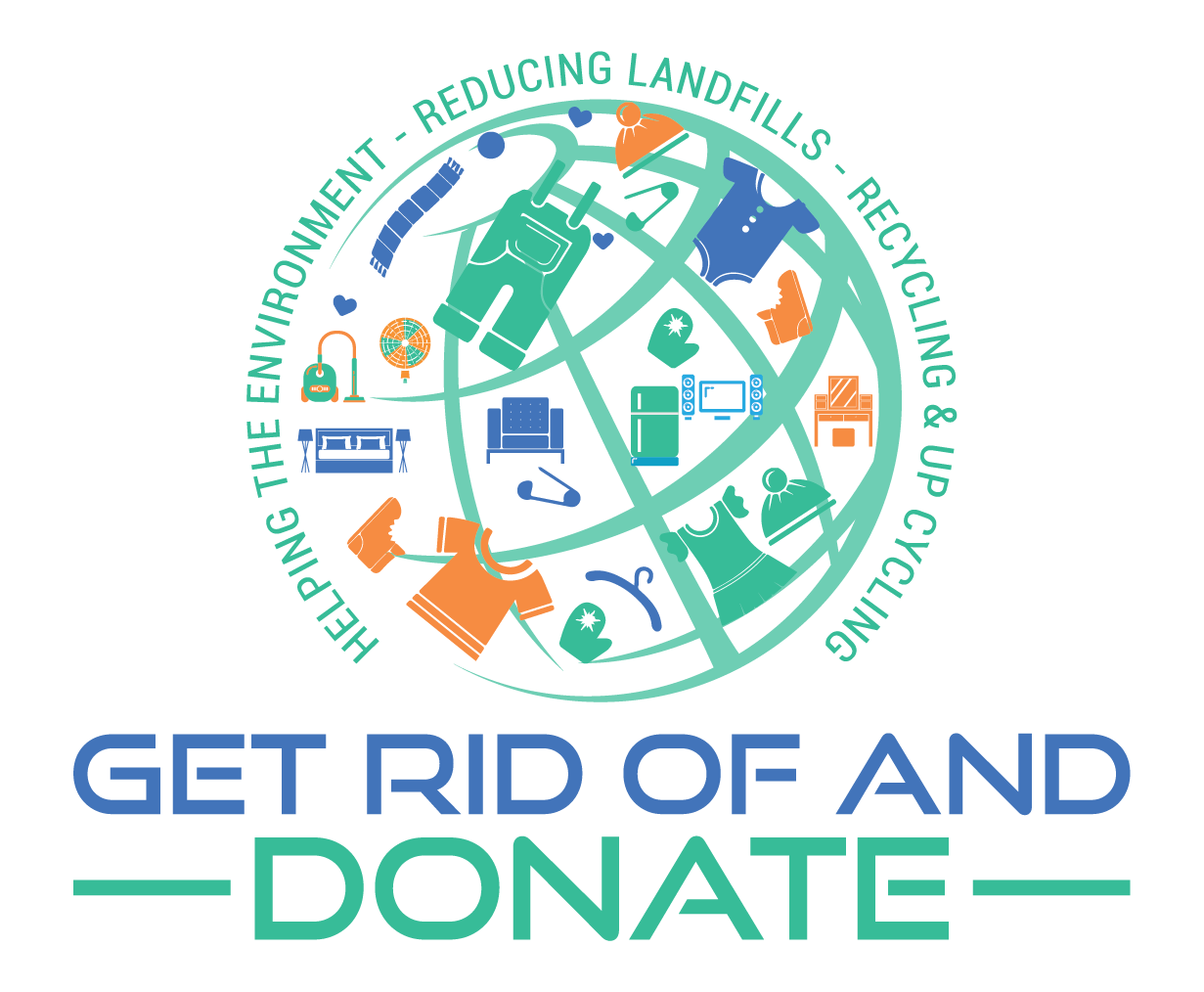
OUR ENVIRONMENTAL MISSION
Background
London, like many large cities, faces significant challenges with waste management due to its population size and the amount of waste generated.
According to the Greater London Authority, London produces around 7 million metric tons of municipal waste every year ¹, which includes waste from households, businesses, and public spaces. In addition, the UN Food Waste Index published in 2021 estimated that 77 kg per capita of food was wasted per household in the UK in 2021 ².
Historically, London has relied heavily on landfill sites to dispose of its waste. However, due to limited space and environmental concerns, the city has been working to reduce its reliance on landfills and increase recycling and other sustainable waste management practices.
In recent years, the city has implemented several initiatives aimed at improving its waste situation. The London Environment Strategy includes targets to increase recycling rates and reduce the amount of waste generated.
The city has also invested in infrastructure to support recycling and other sustainable waste management practices, such as recycling facilities, anaerobic digestion plants, and waste-to-energy plants.
Despite these efforts, there is still a significant amount of work to be done to improve London's waste situation. As of 2021, only 32% of waste is recycled or composted in London ³.
The majority of waste is still going into landfills or incineration– both of which are harmful to the environment as these activities release a lot of greenhouse gases into the atmosphere.
1: https://www.london.gov.uk/sites/default/files/waste.pdf
2: https://www.unep.org/resources/report/unep-food-waste-index-report-2021
3: https://www.london.gov.uk/sites/default/files/waste.pdf
At GROAD, we aim to alleviate this massive issue by diverting reusable items and perfectly edible food away from landfills and into the hands
of those in need.
What We’ve Done
Environment and sustainability policy
Our key objectives are to:
Minimise waste by evaluating operations and ensuring they are as efficient as possible.
Reducing toxic emissions through the selection and use of its fleet and the source of its power requirement.
Actively promote recycling both internally and among our customers and suppliers.
Source and promote a product range to minimise the environmental impact of both production and distribution.
Meet or exceed the environmental legislation that relates to the company.
Use an accredited programme to offset the greenhouse gas emissions generated by our activities.
Get rid of and Donate is committed to promoting responsibility for the environment and minimising waste by re-use and recycling methods.












